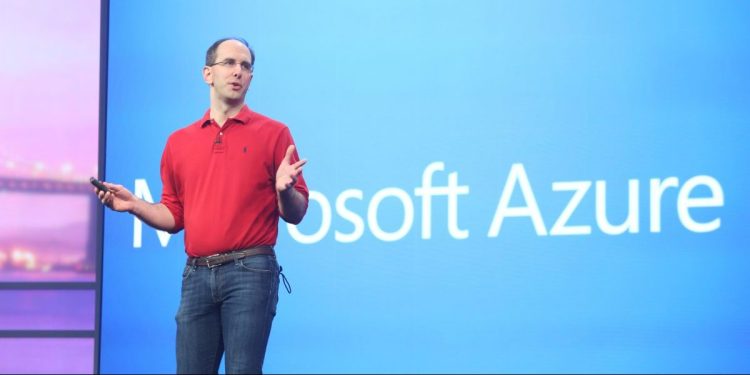Microsoft announced today that it’s expanding its cloud datacenter footprint to Switzerland and the United Arab Emirates. In addition, the company is adding more datacenter regions in Germany, where it already has servers up and running.
It’s part of an ongoing geographic expansion to better serve customers of its Azure cloud platform, Office 365 productivity suite, and Dynamics 365 business applications. Microsoft faces tough competition in the cloud arena, and ensuring that customers can get access to compute resources where they’re most convenient is critical to staying competitive with Amazon Web Services, Google Cloud, and other firms.
The UAE datacenters will be located in Abu Dhabi and Dubai. They’ll mark the first Microsoft cloud regions available in the Middle East, which is a region that has historically been underserved by the major cloud providers. Launching datacenters closer to customers helps by providing them with a lower latency option for running their workloads.
In Switzerland, Microsoft plans to build datacenters in the cantons of Geneva and Zurich. They’ll join a massive fleet of European infrastructure that’s already in place.
June 5th: The AI Audit in NYC
Join us next week in NYC to engage with top executive leaders, delving into strategies for auditing AI models to ensure fairness, optimal performance, and ethical compliance across diverse organizations. Secure your attendance for this exclusive invite-only event.
Speaking of Europe, Microsoft will also launch two new German cloud regions, though the company didn’t disclose where in the country they’ll be located. Those come alongside an existing pair of cloud regions in the country, with one key exception.
Access to data in Microsoft’s existing Germany regions is controlled by a subsidiary of Deutsche Telekom, not by Microsoft itself. The new datacenters will not follow that arrangement.
On top of all this news, Microsoft announced that its French datacenter regions are now generally available for use with Azure and Office 365, with Dynamics 365 availability coming early next year. The tech titan didn’t offer expected availability for the other datacenter regions that it announced today.

